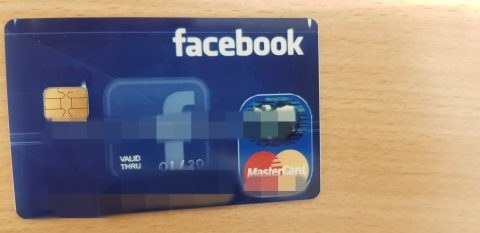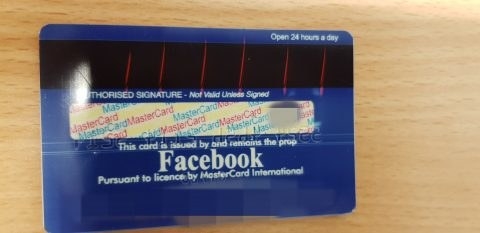More than 30 people from Queensland, Australia, have fallen for a lottery scam targeting personal Facebook profiles.
The scam involved receiving an unsolicited message on Facebook from a person claiming to be an employee of the social media giant. The message informed the user they had "won" a $7.5 million prize in the "Facebook Lottery".
Those who responded to the message were then asked to pay legal and administrative fees to "unlock" the prize money. Queensland Police say this resulted in hundreds of thousands of dollars being paid, sometimes requested in instalments.
Queenslanders who participated in the phishing scam often received a Facebook-branded credit card, which they were told would be activated once they paid $7,500.


"There is no Facebook lottery and certainly no Facebook credit card," said detective acting superintendent Melissa Anderson of the Financial and Cyber Crime Group.
"Victims lose the $7,500 and every other installment or fee they have paid. This is just another example of criminals targeting vulnerable members of the community."
One person from the Queensland suburb of Mackay lost over $100,000.
“We continue to plead with the community to realise that if someone contacts you out of the blue to present you with winnings, a once in a lifetime opportunity or a chance to gain hundreds, thousands or millions of dollars, you MUST ignore it or seek independent advice to verify the claims," urged Anderson.
A Facebook spokesperson told BuzzFeed News: “The safety and security of our community are important to us, and we are very sorry this happened.
"We are working with the Queensland police to alert people to this scam. We worked with the police on this statement and have also shared the alert on our FB Australia Page.
"We encourage people to report suspected phishing or scam messages, and remind them not to accept suspicious requests.”
Were you affected by this scam or know someone who was? Contact this reporter at bradley.esposito@buzzfeed.com
